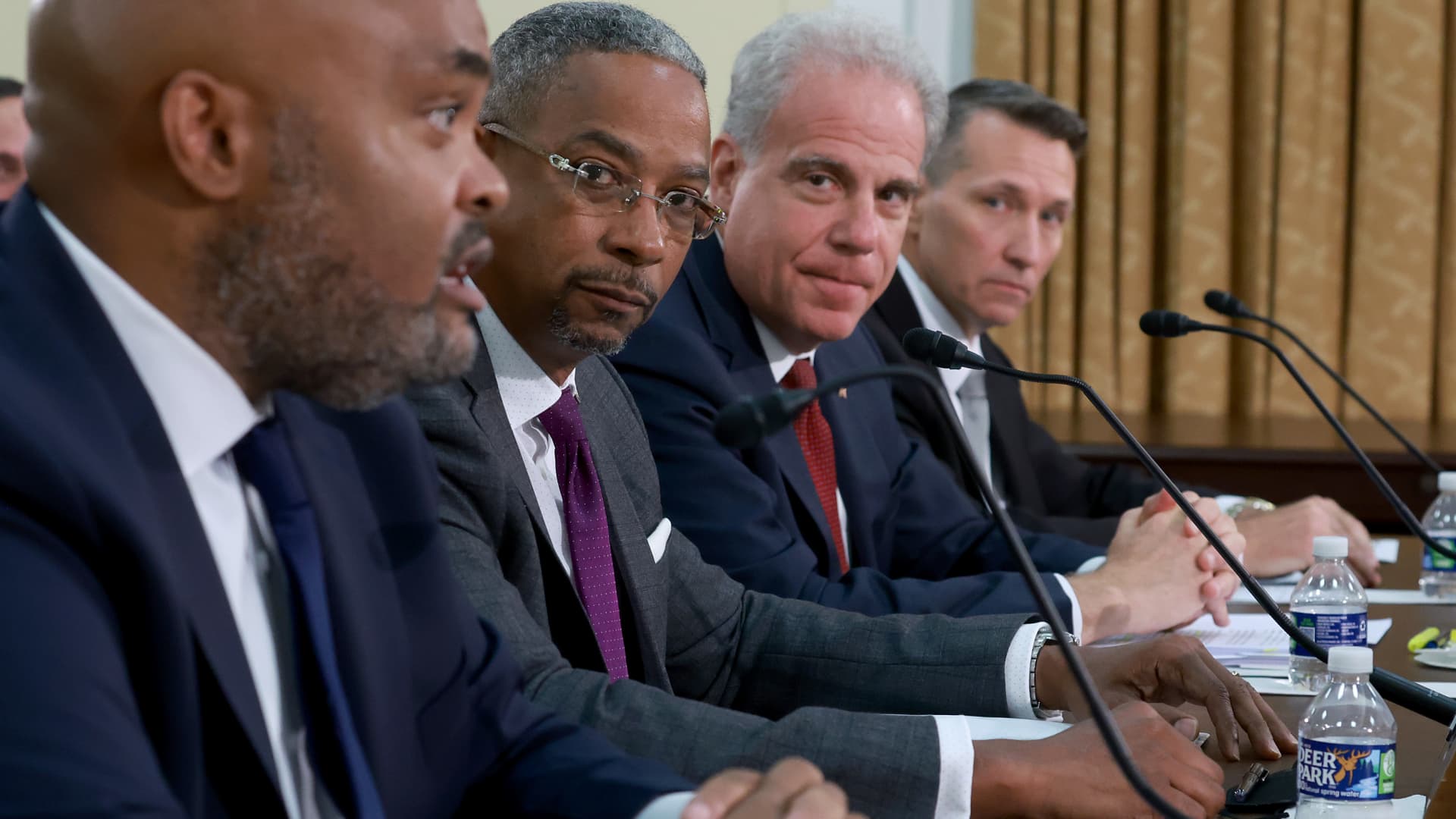Fraudsters potentially stole more than $200 billion in federal loans intended to help small businesses struggling during the Covid pandemic, a government watchdog said on Tuesday.
The Office of the Inspector General estimated in a new report that at least 17% of the $1.2 trillion disbursed by the Small Business Administration may have been ripped off by fraudulent actors.
More than $136 billion from Economic Injury Disaster Loan program and $64 billion from the Paycheck Protection Program loans was potentially stolen, the inspector general found. In total, SBA disbursed $400 billion in EIDL funds and $800 billion in Paycheck Protection Program loans during the life of the programs.
The inspector general said an overwhelming number of fraudsters attracted to easy money were able to take advantage of the programs because the SBA eased its internal controls in the rush to distribute assistance to struggling small businesses during the pandemic shutdowns.
The SBA, in a letter included in the report, disputed the inspector general’s conclusions. Bailey DeVries, a senior official at SBA, said the report significantly overestimates the amount fraud in the programs.
DeVries said the Trump administration rushed out loans during the first few months of the program but additional fraud controls were introduced in 2021.
She also said the 34% potential fraud rate the inspector general found in the EIDL program is inconsistent with SBA’s current repayment data.
SBA figures show that 12% of the loans went to borrowers who are past due, most of whom are likely real businesses that are closed or simply unable to repay, DeVries said. Some 74% of businesses have either fully repaid or begun to repay their loans while 14% are still in the deferment period, she said.
The inspector general office’s investigations have led to more than 1,000 indictments, 803 arrests and 529 convictions related to fraud in the loan programs, according to the report. These investigations have led to nearly $30 billion in stolen loans being seized or returned by federal law enforcement agencies.
The inspector general’s office is still working on tens of thousands of investigative leads on waste, fraud and abuse in the loan programs, according to the report. Thousands of these investigations are expected to continue for years, the inspector general said.
The Paycheck Protection Program provided guaranteed loans to small businesses, individuals and nonprofits that could be forgiven if the borrower fulfilled certain conditions. The Economic Injury Disaster Loan program provided low-interest, fixed-rate loans to help small businesses nd other organizations to help cover their operating expenses.
About 1.6 million EIDL loans worth $114 billion are either past due, delinquent or in liquidation as of May, according to the report. More than 69,000 of these loans worth $3.2 billion have been written off. And more than 500,000 PPP loans have defaulted
The inspector general report said nonpayment is often an indictor of loan fraud, though not all loans that are past due, delinquent, or charged off will be fraudulent.
